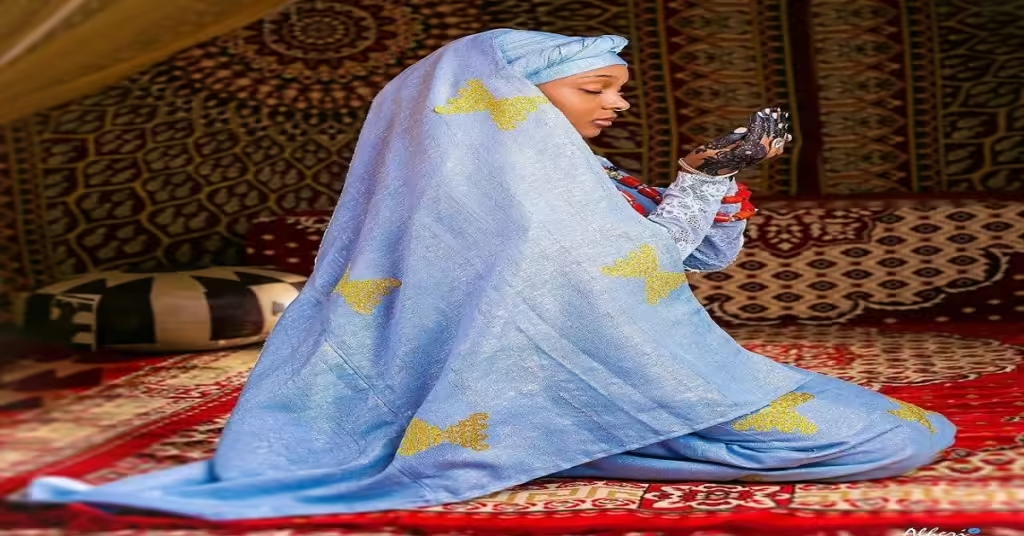Cultural differences can be a significant challenge to couples in a marriage, and it’s no different in Nigeria, especially in Muslim marriages. With different cultures come different beliefs, values, customs, and traditions which can sometimes conflict with each other and cause misunderstandings and conflicts.
In this blog post, we’ll be discussing how to understand and manage cultural differences in a Nigerian Muslim marriage. Whether you’re a young couple planning for marriage or an older married couple struggling to manage cultural differences, this post is for you! By the end of this post, we hope that you’ll have a better understanding of how to navigate cultural differences in your marriage.
Understand your spouse’s culture
The first step in managing cultural differences in a Nigerian Muslim marriage is to understand your spouse’s culture. This means taking an interest in their beliefs, customs, and traditions. It may require learning the language, joining in some of their cultural activities, or even attending their celebrations. When you take an interest in your spouse’s culture, you show that you respect and value their background, and this can strengthen the bond between you.
Communication is key
One of the biggest mistakes couples make is assuming that their spouse thinks or acts the way they do. In a multicultural marriage like a Nigerian Muslim marriage, this can lead to misunderstandings and conflicts. It’s essential to communicate openly and honestly with your spouse about your feelings, beliefs, and expectations. This includes discussing sensitive topics such as religion, culture, and family traditions. When these issues are addressed, it leads to a greater understanding and acceptance of each other.
Respect each other’s cultural differences
In Nigerian Muslim marriages, cultural differences can be significant, and it’s essential to respect each other’s culture and traditions. This means recognizing that there are different ways of doing things and not insisting on your way. When you show respect for your spouse’s culture, it shows that you value and appreciate their background, and this goes a long way in strengthening the bond between you.
Find common ground
While there may be significant cultural differences between you and your spouse, finding common ground can help you build a stronger marriage. This could mean embracing some aspects of each other’s culture into your marriage or finding shared interests and activities. When you find common ground, it helps to bridge the divide between different cultures and leads to a more harmonious relationship.
Seek outside help if necessary
Managing cultural differences in a Nigerian Muslim marriage can sometimes be challenging, and couples may require outside help to navigate these issues. This could mean seeking advice from an Imam, a therapist, or a community leader who can provide an objective perspective and offer practical solutions to the challenges faced.
Conclusion:
Managing cultural differences in a Nigerian Muslim marriage requires understanding, communication, respect, finding common ground, and seeking outside help if necessary. When these principles are applied, it leads to a stronger, more harmonious relationship between couples from different cultures. Remember, diversity in marriage is a beautiful thing, and with the right approach, it can be a source of strength rather than a weakness. We hope that this post has been informative, and we wish you all the best in your multicultural marriage.



